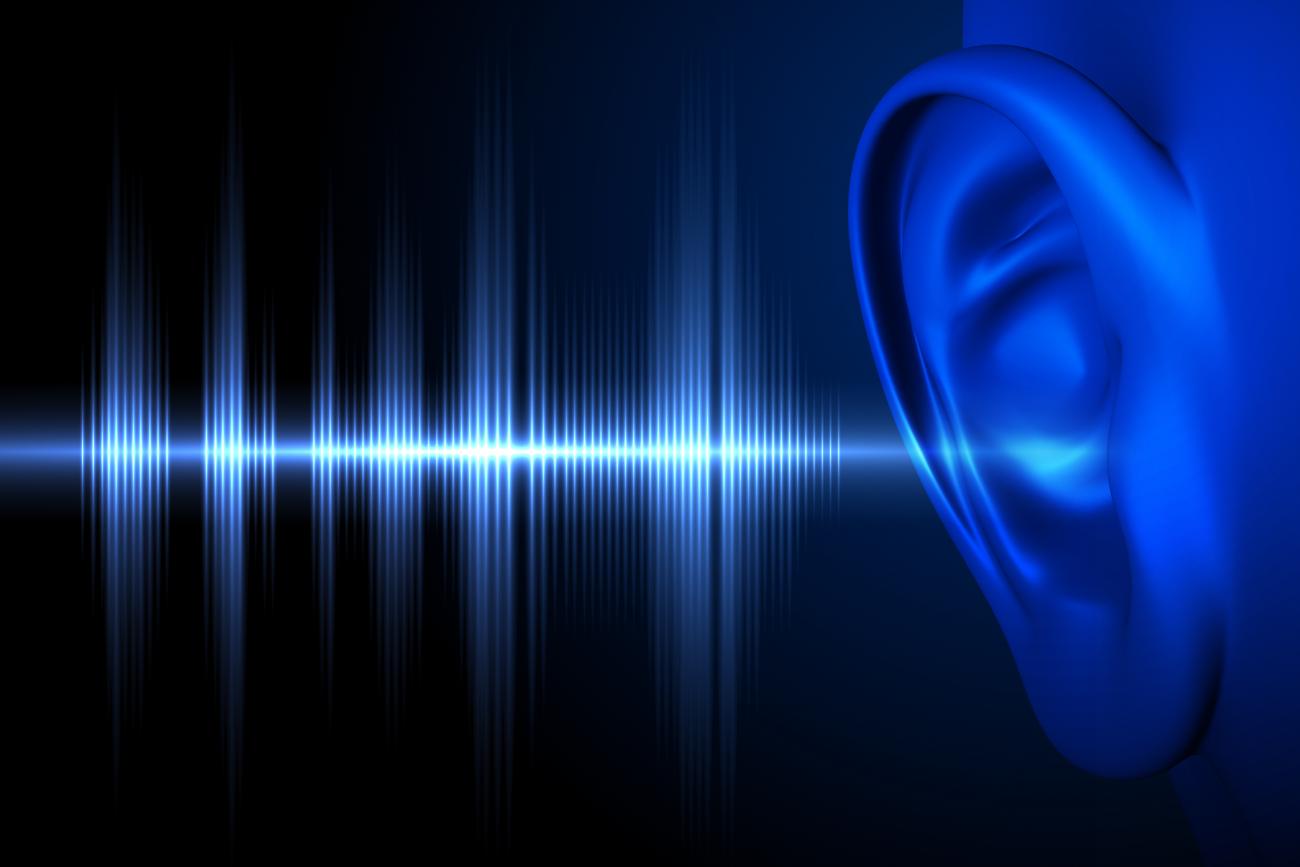 There are several areas of interest among C-CEBH scientists:
There are several areas of interest among C-CEBH scientists:
Neuroethology combines analyses at the behavioral, systems and cellular level, and a typical neuroethological project attempts to determine the mechanism by which a class of stimulus regimes controls a given natural behavioral response. Since there is a heavy concentration on species-specific behavior, neuroethological studies of auditory specialists such as owls, gerbils and fish can provide new insights into mechanisms used by less specialized auditory systems. C-CEBH researchers focus on sound and spatial hearing.
This topic is the focus of C-CEBH researchers belonging to the Biology and Psychology Departments at UMD.
Projects under this focal area all involve the physiology and psychophysics of temporal or spectral processing of complex sounds in normal and damaged ears of either humans or animals. Several of these projects focus on the perceptual mechanisms underlying the temporal analysis of complex sounds, including human speech and animal vocalizations. Some of them are focused more on central processes and some on more peripheral processes.
Researchers in this group belong to the Psychology, Biology, Linguistics, Hearing and Speech Sciences and Electrical & Computer Engineering Departments.
Projects examine processes at the neural level that cause auditory and speech perception difficulties with aging, and to determine whether the brain can be effectively “rewired” through auditory and cognitive training to overcome these hearing and speech obstacles.
Most researchers in this area of focus belong to Electrical & Computer Engineering and Institute for Systems Research, Department of Biology and Institute for Systems Research, Department of Hearing & Speech Sciences, Center for Advanced Study of Language. Read more via the UMD Hearing Research Lab.
One stellar example of interdisciplinary collaborations that have come about from our collaborations is work on auditory streaming and related mechanisms in speech perception.
Again, several departments collaborate in this research area, including Psychology, Hearing & Speech Sciences and Electrical & Computer Engineering.


